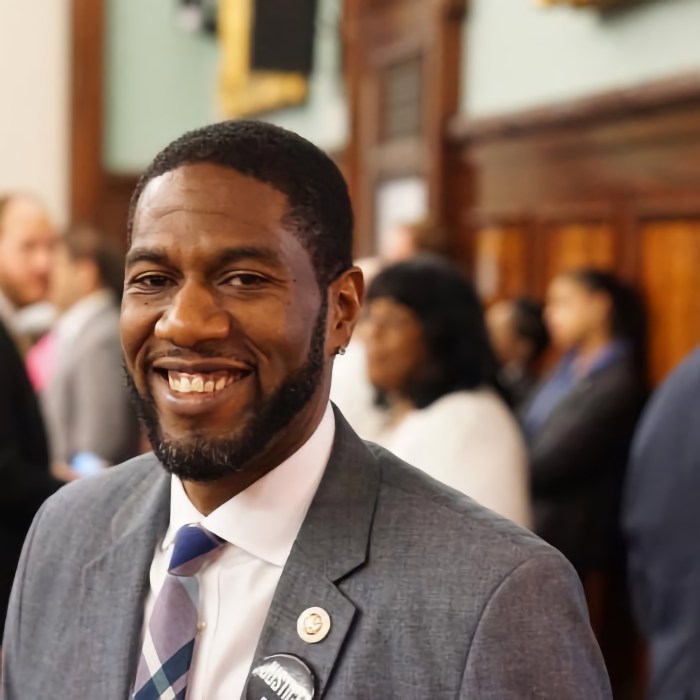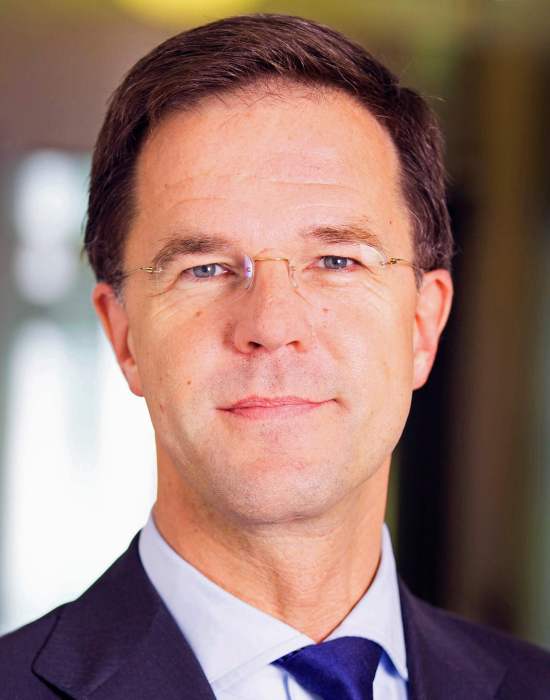On April 9, the New York State Office of Parks, Recreation and Historic Preservation announced it was instituting a new policy that bans smoking within state parks, including beaches, playgrounds and pools.
After consulting with legal counsel, NYC C.L.A.S.H. has been advised that this agency has likely exceeded its authority and is ripe for legal action should it decline our request for reconsideration in the letter (copy upon request) we have submitted to the agency.
“These bans were imposed by bureaucratic fiat, not legislated law,” says Audrey Silk, founder of C.L.A.S.H., “and on that basis alone, they’re unconstitutional.”
In fact, the New York State legislature has repeatedly declined to pass this specific law for over a decade, as proposed by both houses. At least nineteen bills have been rejected.
The Parks Office, therefore, not only exceeded its administrative mission, not only assigned itself legislative powers, but in fact went against the legislature’s will.
That the process by which these bans were imposed is unconstitutional has already been determined in two other identical cases.
In Boreali v Axelrod (1987), where the state agency Public Health Council expanded restrictions on smoking as set forth by the legislature in Public Health Law, the court found:
We hold that the Public Health Council overstepped the boundaries of its lawfully delegated authority when it promulgated a comprehensive code to govern tobacco smoking in areas that are open to the public. While the Legislature has given the Council broad authority to promulgate regulations on matters concerning the public health, the scope of the Council’s authority under its enabling statute must be deemed limited by its role as an administrative, rather than a legislative, body.
In fact, one of the linchpins for the court in Borealiwas that the legislatures themselves had previously rejected exactly what the Health Council took it upon itself to impose.
The repeated failures by the Legislature to arrive at such an agreement do not automatically entitle an administrative agency to take it upon itself to fill the vacuum and impose a solution of its own. Manifestly, it is the province of the people’s elected representatives, rather than appointed administrators, to resolve difficult social problems by making choices among competing ends.
In Justiana v Niagara County Department of Health (1999), where a local health board attempted the same, the United States District Court upheld the same points, asserting that the Health Department “violated the non-delegation doctrine of New York State law.”
The Court finds that under the principles set forth in Boreali, the Board violated the non-delegation doctrine of New York State law in enacting the regulations…[and] exceeded its authority by writing “on a clean slate” rather than using its regulatory powers to fill in the details of a legislative scheme. …Defendants argue that… the present case is distinguishable from Boreali because since that case was decided, the State Legislature passed the Clean Indoor Air Act, and the Board was simply filling in the interstices of the Act’s provisions. This argument, however, is not persuasive in the context of smoking regulations, an area which the Court of Appeals described in Boreali as one especially suited for legislative determination as it involves “difficult social problems” which must be resolved …
In this context, even where the state legislature has provided some guidance for the restriction of smoking, the enactment of further substantive restrictions is a task properly left to the legislative arm of government. By adopting regulations that are substantially more restrictive than existing legislation, the Board went beyond interstitial rule-making and into the realm of legislating.
Additionally, it’s quite curious that the state Parks Office, in its press release on April 9, more than implied that this was a done deal — even reported by the media as “implemented.” One would think that such an act — legitimate or not — would be at least subject to the rule making process pursuant to the provisions of the State Administrative Procedure Act. Yet no rule proposal notice was filed with the Division of Administrative Rules (DAR) for publication in the State Register (pg. 14) until April 18. According to the notice, public comment is open until 45 days after publication of the notice.
“How can state Parks Commissioner Rose Harvey release a statement that boasts about the initiation of a policy when no rule had even yet been proposed? And now the public is supposedly allowed to weigh in until the beginning of June when the policy is supposedly effective by the end of April?” asks Silk.
According to the DAR’s manual, “The rule making process is constructed around the fundamental belief that the people of this state have a right to participate in the development of its laws.”
“Aside from the primary legal constitutional question, this course of events furthermore makes a mockery of public participation. Parks have demonstrated that this is already a done deal, public comment period or not.
“Such behavior certainly gives rise to the suspicion that something absolutely inappropriate is going on… or that when it comes to ‘those damn smokers,’ otherwise cherished democratic constructs need not apply and no one will care,” Silk says.
Lastly, and most fundamentally, if these conditions are allowed to persist among our state agencies we might as well render the election of lawmakers, the legislature and its process obsolete. You don’t have to be a proponent of anything to do with smoking or tobacco in order to agree it’s contemptible when the bedrock of our system is being tossed away.
In this particular case, C.L.A.S.H. doesn’t intend to stand idly by.
NYC Citizens Lobbying Against Smoker Harassment (C.L.A.S.H.) is a grassroots organization established in 2000 dedicated to advancing and protecting the interests of adults who choose to smoke cigarettes or enjoy other forms of tobacco.

























